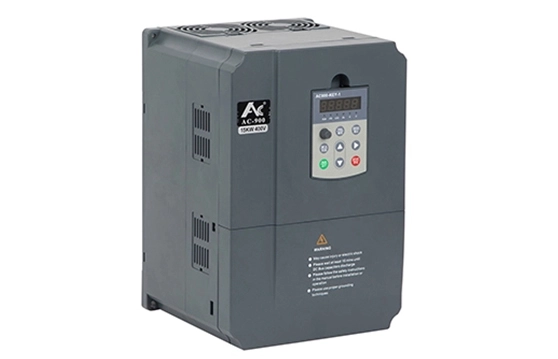In today's era of technological advancements, electric control systems play a crucial role in powering various industrial and commercial operations. At the heart of these systems lies the inverter panel board – a critical component that converts direct current (DC) to alternating current (AC) for efficient power distribution. In this blog, we will explore the significance of inverter panel boards and how they empower electric control systems.
An inverter panel board is an electrical device designed to convert DC power into the required AC power, ensuring a smooth and consistent power supply. These boards are an integral part of electric control systems used in a wide range of industries such as manufacturing, oil and gas, pharmaceuticals, data centers, and more. By converting the power, they enable the effective operation of motors, pumps, compressors, and other electrical components.
To comprehend the functioning of inverter panel boards, it is essential to understand their key components. These typically include power converters, circuit breakers, switches, fuses, control panels, and associated wiring. Each component plays a vital role in providing protection against short circuits, overloads, and voltage fluctuations, ensuring a safe and reliable power supply.
Inverter panel boards act as the backbone of electric control systems, providing stable voltage regulation and power distribution to numerous industrial processes. These boards maintain power quality, supplying AC power for the solar VFD with MPPT with precise frequency and voltage control, thus ensuring optimal performance of machinery and equipment. Moreover, they enable seamless integration with external control systems, allowing for efficient monitoring and management.
The implementation of inverter panel boards offers numerous benefits to electric control systems. Firstly, they provide enhanced energy efficiency by minimizing power wastage during conversion. Secondly, these boards ensure a reliable power supply, reducing the risk of equipment failure and downtime. Additionally, inverter panel boards contribute to a safer working environment by incorporating advanced protective features and fault detection mechanisms.
Inverter panel boards serve as the vital link between DC power sources and AC power utilization in electric control systems. Their role in providing stable power distribution, voltage regulation, and protective features cannot be understated. With ongoing advancements, these crucial components continue to contribute to improved energy efficiency, increased productivity, and enhanced safety in various industrial and commercial settings. Embracing the latest innovations in inverter panel boards ensures that electric control systems operate at their optimal performance, ultimately powering the heart of our modern world.


.jpg)

